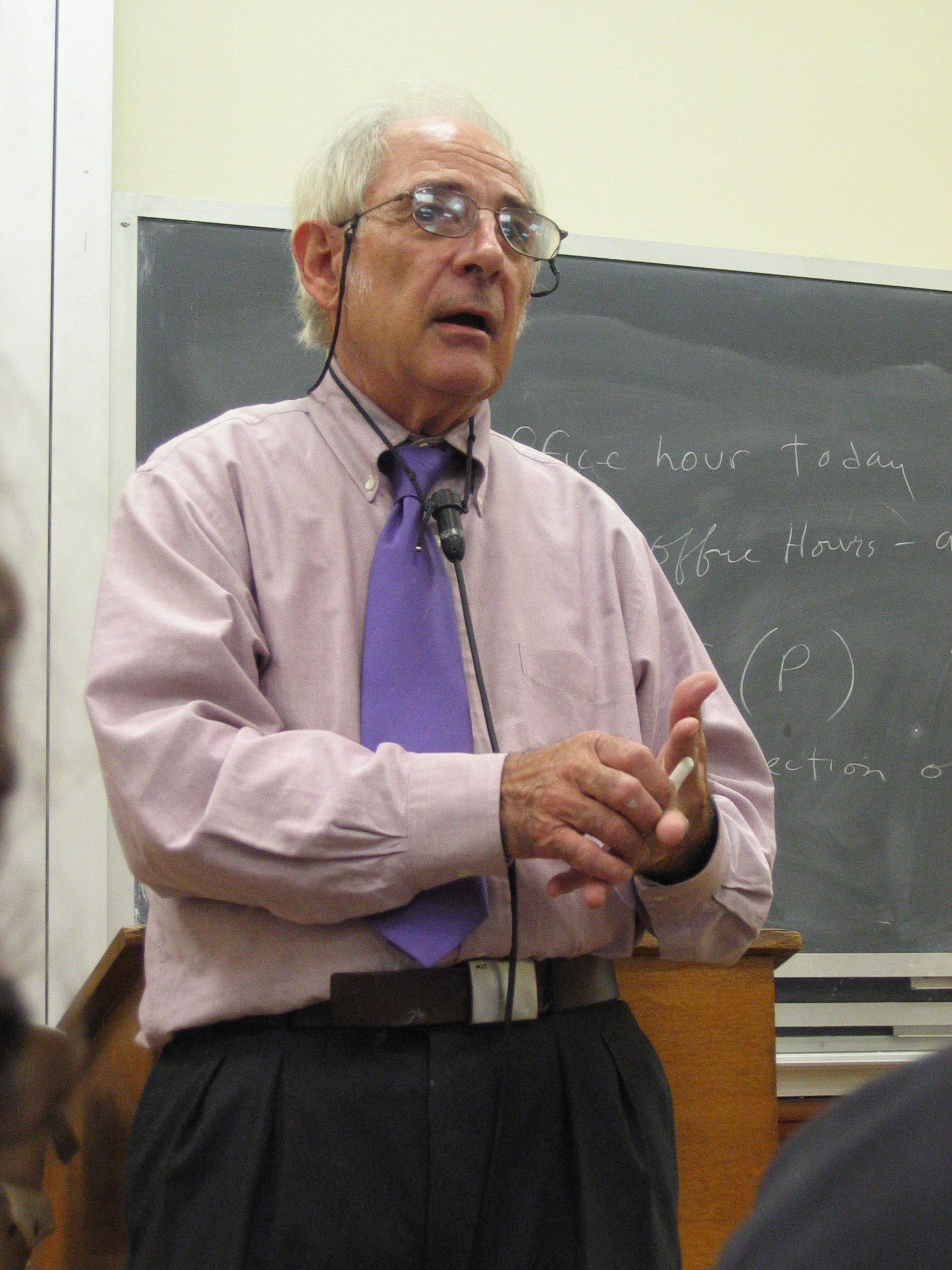From
the nation to the person, some coherent code must be in place in order for us
to function, even if that code is mostly programmed into the subconscious.
People without any basic operating code in place can’t act at all. They are
called catatonic. The problem today
is that, for millions of people all over the world, the old moral codes that
used to guide all human thought and action are fading. World War I was the
first in a series of real-world shocks that have deeply rocked all of our
beliefs—beliefs about the value of our science and, even more deeply, beliefs
about our codes of right and wrong.
So
let me reiterate: the worst fact about our moral dilemma in the twenty-first
century is that collectively, the gurus of Science, though able to achieve
amazing things in the realms of machines, chemicals, etc., have had nothing to
say about how we should or should not be using these technologies. Many of them
even go so far as to claim that should
is a word that has no meaning in Science.
It
seems bitterly unfair that the same science that eroded our moral beliefs
offered nothing to put in their place. But what seems more cruelly ironic is
that at the same time as Science was destroying our religious and moral
beliefs, it was putting into our hands technologies of such destructive power
that the question that arises is whether any individual or group of individuals
could ever be moral enough to handle them responsibly.
We
are living in a time of terrifying uncertainty. We now have the weapons to
scorch our planet in one afternoon—so completely that the chances of our
species surviving in that post-apocalyptic world are effectively zero.
Furthermore,
even if we escape the holocaust of nuclear war, we are steadily polluting our
planet. We’re aware of this, but we can’t seem to stop, even though the vast
majority of the scientists who study the earth and its ecosystems say that the
point of no return is rapidly approaching. To people who have studied the earth
and its systems, the risk of environmental collapse is even more frightening
than that of nuclear war.
Large
numbers of us, in the meantime, “lack all conviction.” Without a moral code to
guide us—one we truly believe is founded in the real world—we are like deer on
the highway, paralyzed in the headlights, seemingly incapable of recognizing
our peril.
Most
reasonable, informed people today know these things. In fact, we are so weary
of hearing what are called the “dire predictions” that we don’t want to think
about them anymore. Or we think, get scared, then go out with our friends to
get inebriated. There seems to be little else one ordinary person or even
clusters of powerful persons can do. The problems are too big and too insidious
for us—individually or collectively. Shut it out. Forget about it. Try to live
decently. Hope for the best.
For
me, none of these answers are good enough. To ignore all of the evidence and
arguments and resign myself to the “inevitable” is to give in to a whole way of
thinking I cannot accept. That way of thinking suggests that the events of
human lives are determined by forces that are beyond human control.
I
disagree. I have to. I believe true philosophers must.
Whether
we are discussing the cynicism of people who focus on events in their personal
lives or the cynicism of people who study human history, or cynicism at any
level in between, I have to tell these cynics bluntly, “If you really thought
that way, we wouldn’t be having this debate because you wouldn’t be here.”
Albert Camus, French philosopher (1913–1960) (credit: Wikimedia Commons)
As
Albert Camus sees it, suicide is the sincerest of all acts.6 Its
only equal in sincerity is the living of a genuine life. A genuine person stays
on in this world by conscious choice, not by inertia. A genuine person is still
here because he or she chooses to be. Insincere people may claim to be totally
disillusioned with this world and other people in it, but that simply can’t be
the case if they are still alive and talking. These people are only
partitioning up their minds, for the time being, into the manageable
compartments of cynicism. But the disillusionment they feel now—on any scale,
personal to global—is going to seem minor compared with that which they will one
day feel with themselves, one day when their fragile mental partitions begin to
give way. And it doesn’t have to be that way, as we shall see.
So,
to sum up our case so far, what have we shown? First, that Science has undercut
and eroded the old beliefs in God and the old codes of right and wrong. Second,
that because of our ongoing need just to manage our lives and, even more
importantly, because of our recently acquired and constantly growing need to
manage wisely the physical powers that Science has put into our hands, we must replace
the moral code we no longer believe in with one we do believe in. Perhaps then we
will have a chance to live, go on, and get past our present peril.
If
we can work out a moral code we truly believe in, and if it really is congruent
with physical reality, will it lead us on to a renewed belief in a Supreme Being? That
question is one I will set aside for now, but I will deal with it in the last
chapter of this book. For now, let’s set our sights on trying to begin to build
a new moral code for this era, so that finally we may confront and quell “the
worst” among us. And the worst in us.
Notes
1. Ruth Benedict, “Anthropology and
the Abnormal,” Journal of General
Psychology, 10 (1934). http://www.colorado.edu/philosophy/heathwood/pdf/benedict_relativism.pdf.
2. Thomas Kuhn, The
Structure of Scientific Revolutions (Chicago: University of Chicago Press, 3rd ed., 1996).
3. John Searle, Minds,
Brains and Science (Cambridge, MA: Harvard University Press, 1984).
4. Harold Kincaid, Philosophical
Foundations of the Social Sciences: Analyzing Controversies in Social Research
(New York, NY: Cambridge University Press, 1996).
5. Marvin Harris, Theories
of Culture in Postmodern Times (Walnut Creek, CA: AltaMira Press, 1999).
6. Albert
Camus, The Myth of Sisyphus, trans. Justin O’Brien (Harmondsworth, UK: Penguin
Books, 1975), p. 11.























